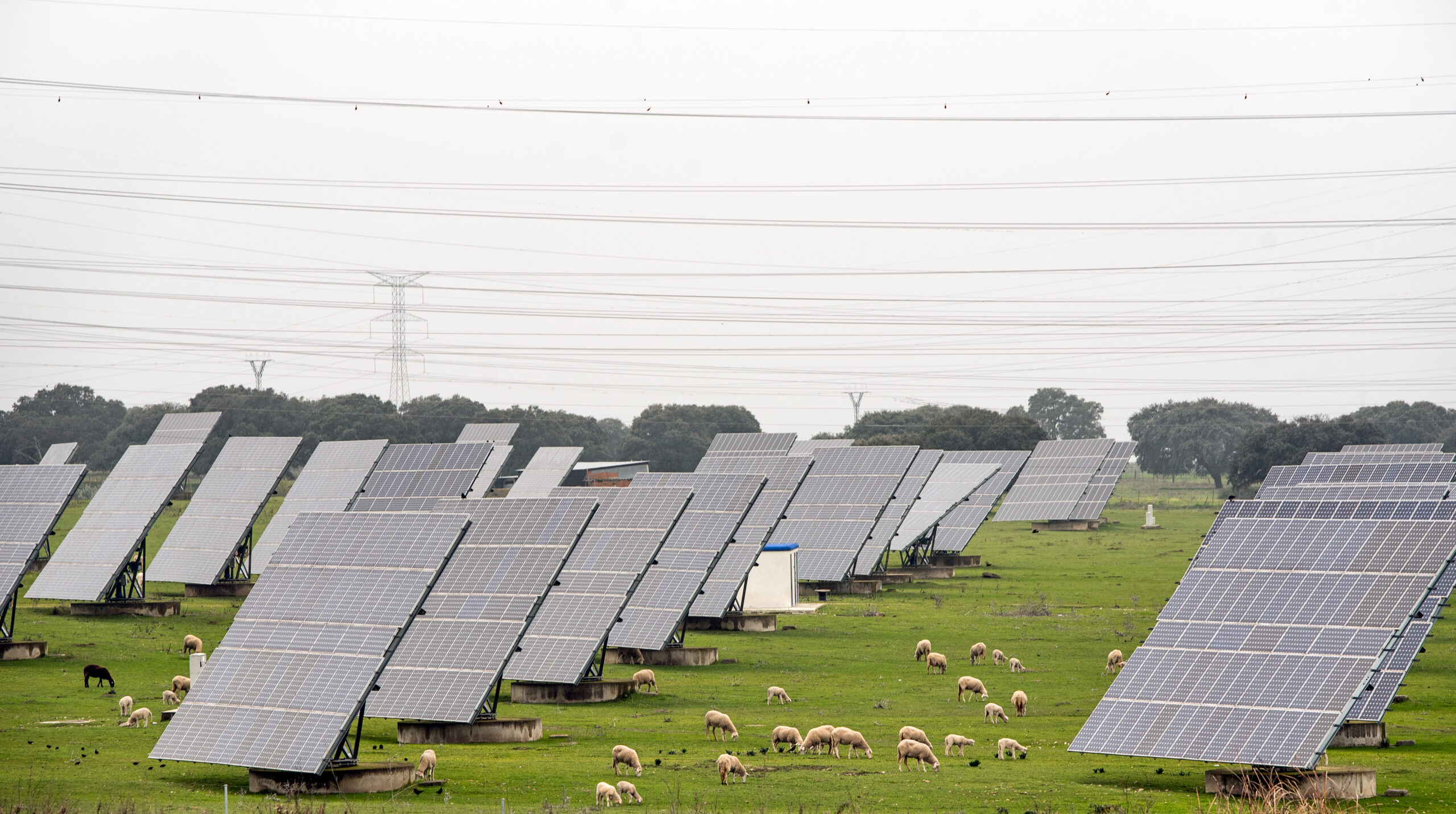Australia’s agricultural sector is a cornerstone of the nation’s economy, and as the industry faces increasing challenges from climate change and rising energy costs, solar energy presents a promising solution.
Solaright, a pioneering solar power company in Australia, is committed to helping farmers and agricultural businesses harness the power of the sun. In this article, we explore how solar energy can transform the agricultural sector, offering sustainable and cost-effective energy solutions.
Reducing Operational Costs:
Energy costs are a significant expense for agricultural operations, from powering irrigation systems to running machinery and refrigeration units. By adopting solar energy, farmers can significantly reduce their electricity bills.
Solaright provides tailored solar solutions that allow agricultural businesses to generate their own power, leading to substantial cost savings and increased profitability. For example, Solaright’s solar panel systems can power large irrigation setups, reducing reliance on diesel-powered generators and cutting fuel costs dramatically.
Enhancing Energy Security:
Rural and remote agricultural areas often face challenges with energy reliability and access. Solar energy offers a reliable and consistent power source, independent of the traditional grid.
Solaright’s solar systems ensure that farmers have access to uninterrupted power, essential for critical operations such as irrigation, livestock care, and crop processing, even in the most remote locations. This reliability is crucial for maintaining productivity and preventing losses due to power outages.
Sustainable Farming Practices:
The agricultural sector has a crucial role to play in promoting sustainability and reducing environmental impact. Solar energy is a clean, renewable resource that aligns with sustainable farming practices. By integrating solar power, farmers can reduce their carbon footprint and contribute to environmental conservation.
Solaright’s commitment to sustainability ensures that our solar solutions support eco-friendly farming operations. Solar-powered water pumps, for instance, can replace traditional diesel pumps, significantly reducing greenhouse gas emissions and conserving water through more efficient irrigation.
Innovations in Solar-Powered Agriculture:
Advancements in solar technology have led to innovative applications in agriculture. Solar-powered water pumps, for instance, provide efficient and sustainable irrigation solutions, reducing the dependence on diesel or electric pumps. Similarly, solar greenhouses optimize growing conditions by regulating temperature and light, enhancing crop yield and quality.
Solaright’s innovative solar solutions are designed to meet the specific needs of modern agriculture, ensuring that farmers can adopt the latest technologies to improve efficiency and productivity.
Government Incentives and Support:
The Australian government offers various incentives and support programs to encourage the adoption of renewable energy in agriculture. Grants, rebates, and low-interest loans are available to help farmers invest in solar power systems.
Solaright assists customers in navigating these opportunities, ensuring they maximize the financial benefits and make informed decisions about their solar investments. Taking advantage of these incentives can significantly reduce the initial investment costs and improve the overall return on investment (ROI).
Long-Term Investment and ROI:
Investing in solar energy is a long-term strategy that yields substantial returns on investment (ROI). Solaright’s durable and high-efficiency solar panels have a lifespan of 25 years or more, providing consistent energy savings and financial returns over time.
The initial investment in solar power is offset by the reduction in energy costs and the potential for selling excess power back to the grid, further enhancing profitability. By committing to solar energy, farmers can secure a stable and sustainable energy future for their operations.
Conclusion:
Solar energy has the potential to revolutionize Australia’s agricultural sector, offering sustainable, cost-effective, and reliable power solutions. Solaright is dedicated to empowering farmers and agricultural businesses with innovative solar technologies that drive efficiency and sustainability.
By embracing solar energy, the agricultural sector can overcome energy challenges, reduce operational costs, and contribute to a greener future. Partner with Solaright to unlock the full potential of solar power in agriculture and pave the way for a brighter, more sustainable tomorrow.


